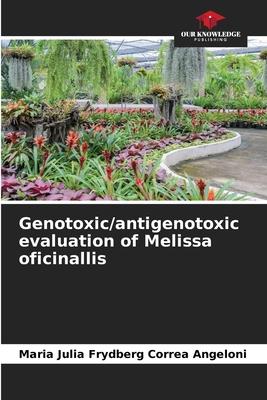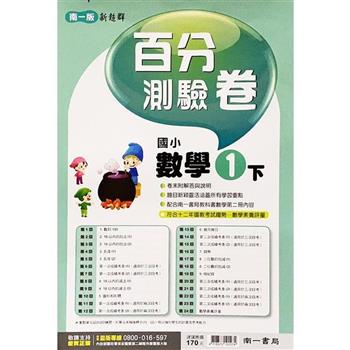Considering that diet has a major influence on the promotion and progression of cancer, and that mutations are key elements in neoplastic processes, there is growing interest in the study of compounds with antigenotoxic and antimutagenic properties from plant extracts. Melissa officinalis L., popularly known in Brazil as lemon balm or melissa, is traditionally used as an aqueous or alcoholic extract for the treatment of fevers, colds, indigestion associated with nervous tension, hyperthyroidism, depression, mild insomnia, epilepsy, headaches, toothaches, among others. However, there is no information on this plant in relation to protective or toxicogenic effects. Therefore, the aim of this study was to investigate the antimutagenicity/antigenotoxicity and mutagenicity/genotoxicity of the aqueous and ethanolic extracts of this plant.
| FindBook |
有 1 項符合
Genotoxic/antigenotoxic evaluation of Melissa oficinallis的圖書 |
 |
Genotoxic/antigenotoxic evaluation of Melissa oficinallis 作者:Frydberg Corrêa Angeloni 出版社:Our Knowledge Publishing 出版日期:2024-03-28 語言:英文 規格:平裝 / 56頁 / 22.86 x 15.24 x 0.33 cm / 普通級/ 初版 |
| 圖書館借閱 |
| 國家圖書館 | 全國圖書書目資訊網 | 國立公共資訊圖書館 | 電子書服務平台 | MetaCat 跨館整合查詢 |
| 臺北市立圖書館 | 新北市立圖書館 | 基隆市公共圖書館 | 桃園市立圖書館 | 新竹縣公共圖書館 |
| 苗栗縣立圖書館 | 臺中市立圖書館 | 彰化縣公共圖書館 | 南投縣文化局 | 雲林縣公共圖書館 |
| 嘉義縣圖書館 | 臺南市立圖書館 | 高雄市立圖書館 | 屏東縣公共圖書館 | 宜蘭縣公共圖書館 |
| 花蓮縣文化局 | 臺東縣文化處 |
|
|
圖書介紹 - 資料來源:博客來 評分:
圖書名稱:Genotoxic/antigenotoxic evaluation of Melissa oficinallis
|











